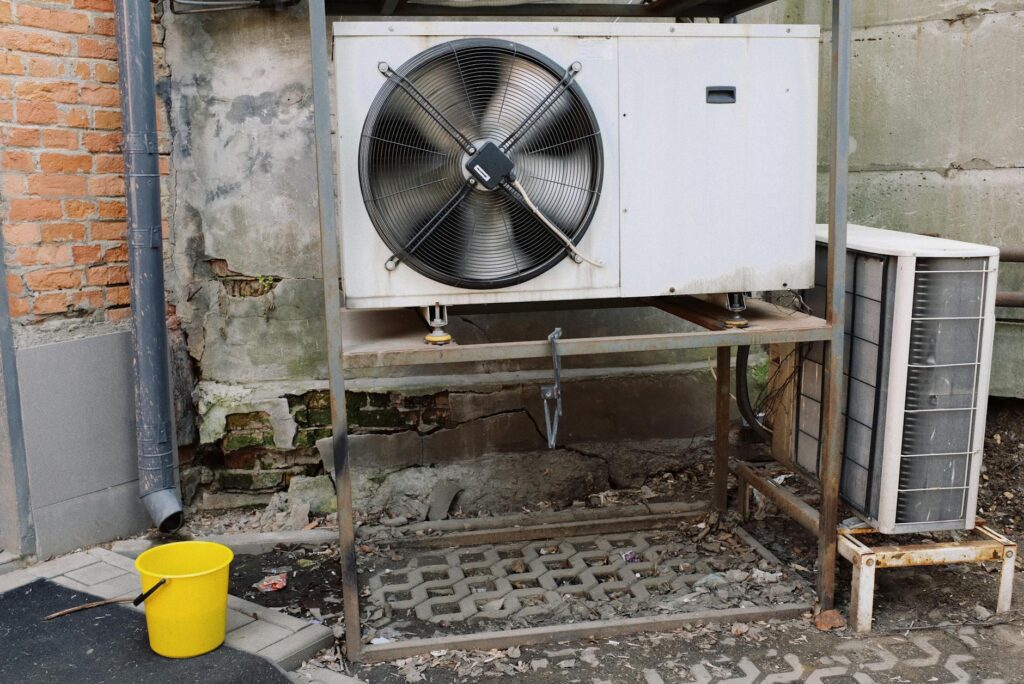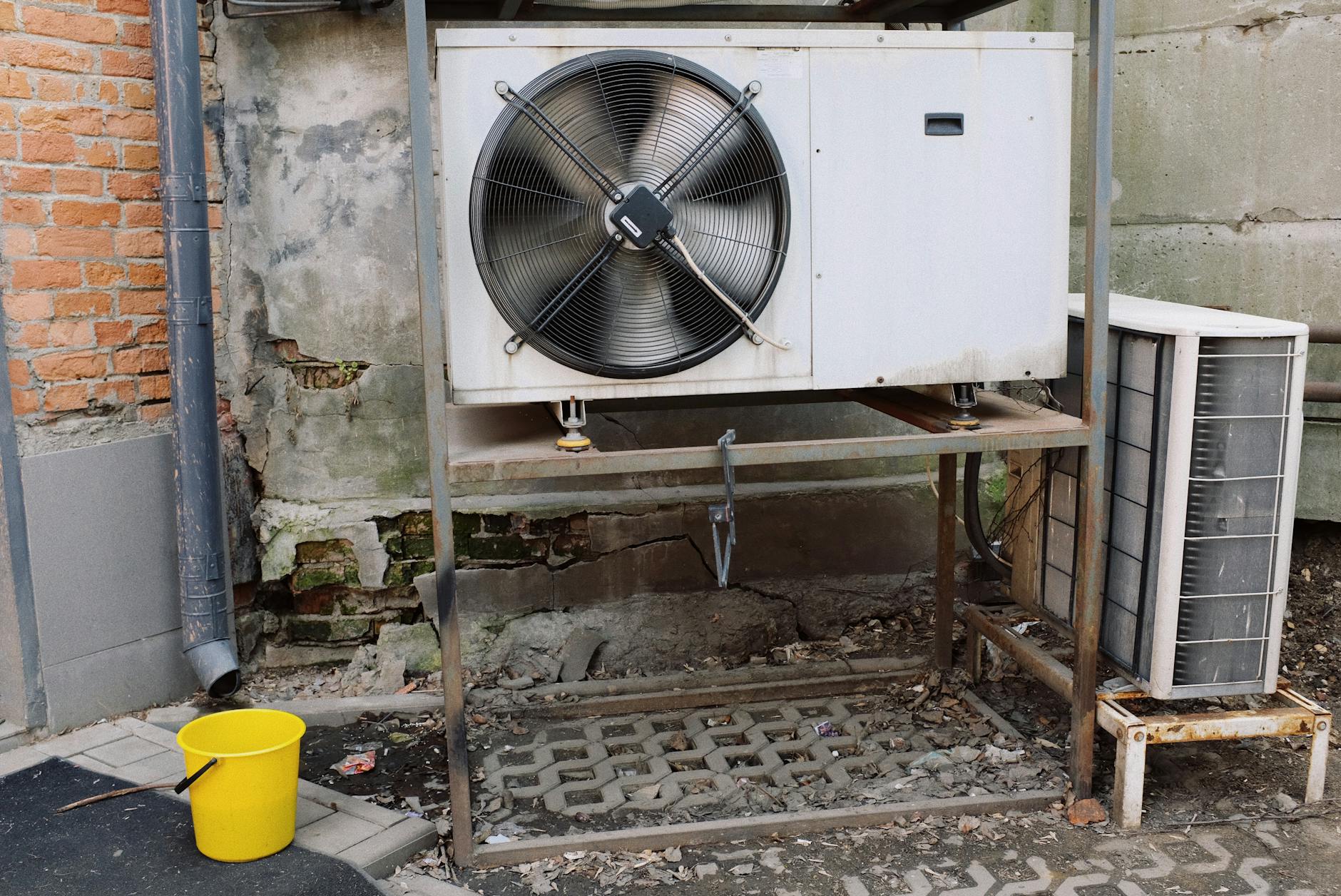Your air conditioner keeps you cool and comfortable, but have you ever wondered about the magic behind it? A key component is the refrigerant, often known as Freon, a substance crucial for the system’s heat-transfer process. Let’s delve into the fascinating role refrigerant plays in keeping your home cool.
Understanding Refrigerants
Refrigerants are special fluids designed to easily transition between liquid and gaseous states. This ability is the core of how your AC unit works. The most common type, historically, was Freon (a DuPont trade name for several chlorofluorocarbons or CFCs), but due to environmental concerns, modern systems primarily use more eco-friendly alternatives. 
The Refrigeration Cycle
The process begins with the refrigerant absorbing heat from inside your home as a low-pressure gas. It then gets compressed, turning into a high-pressure, high-temperature gas. This hot gas releases its heat outside, thanks to the condenser unit. Finally, it expands back into a low-pressure gas, ready to repeat the cycle. Learn more about the different types of refrigerants.
Types of Refrigerants
While Freon is a common term, many refrigerants exist today. Modern AC systems often use hydrofluoroolefins (HFOs) like R-1234yf or R-32, chosen for their lower global warming potential compared to older refrigerants. This EPA website has details on refrigerant regulations.
The Importance of Proper Refrigerant Levels
Having the correct amount of refrigerant is critical. Too little, and your AC won’t cool effectively, potentially leading to expensive repairs. Too much, and it can cause damage to the compressor. Regular maintenance, including refrigerant checks by a qualified technician, is essential. 
Refrigerant Leaks and Environmental Impact
Leaks in the system can lead to refrigerant loss, impacting cooling efficiency and potentially harming the environment. Older Freon refrigerants (CFCs and HCFCs) were known to damage the ozone layer. The Environmental Protection Agency has strong regulations surrounding refrigerant handling and disposal. This is why proper AC maintenance is vital, to identify and address leaks promptly.
Choosing an Eco-Friendly AC System
When considering a new air conditioner, check the refrigerant used. Opt for systems using low-global-warming-potential refrigerants. Read our guide on choosing energy-efficient AC units. This reduces your environmental impact and helps fight climate change.
Refrigerant and Your Safety
While modern refrigerants are generally safe, inhaling large amounts can be harmful. Always seek help from a qualified technician for any AC repairs or refrigerant-related issues. Never attempt to handle refrigerant yourself. 
Maintaining Your AC System
Regular maintenance of your air conditioning system is crucial for extending its lifespan and ensuring optimal performance. This includes annual inspections for leaks and proper refrigerant levels. Find a certified technician near you.
In conclusion, understanding the role of refrigerant in your air conditioner is crucial for both its efficient operation and environmental responsibility. By choosing eco-friendly systems and maintaining your unit regularly, you can enjoy cool comfort while minimizing your impact on the planet.
Frequently Asked Questions
What is Freon? Freon is a trade name for several types of refrigerants, many of which are now phased out due to their impact on the ozone layer.
How often should I have my AC system checked? It is recommended to have your air conditioner inspected annually by a qualified technician.
What are the signs of low refrigerant? Signs include weak airflow, warm air blowing from the vents, or the system cycling on and off frequently.
Is it safe to handle refrigerant myself? No, refrigerant handling should only be done by qualified professionals. Some refrigerants can be harmful if inhaled or improperly handled.
What are some eco-friendly refrigerant options? HFOs (hydrofluoroolefins) like R-1234yf and R-32 are considered environmentally friendly alternatives to older refrigerants.





